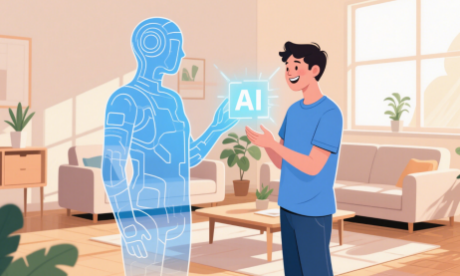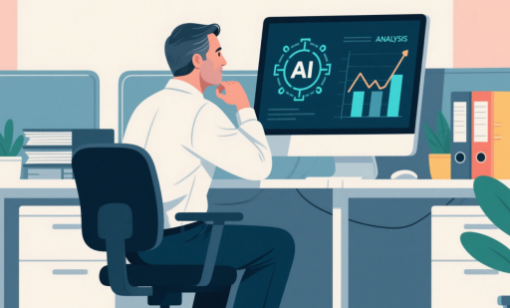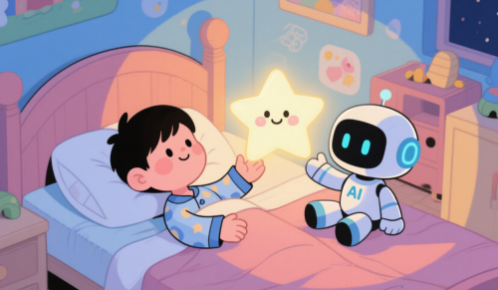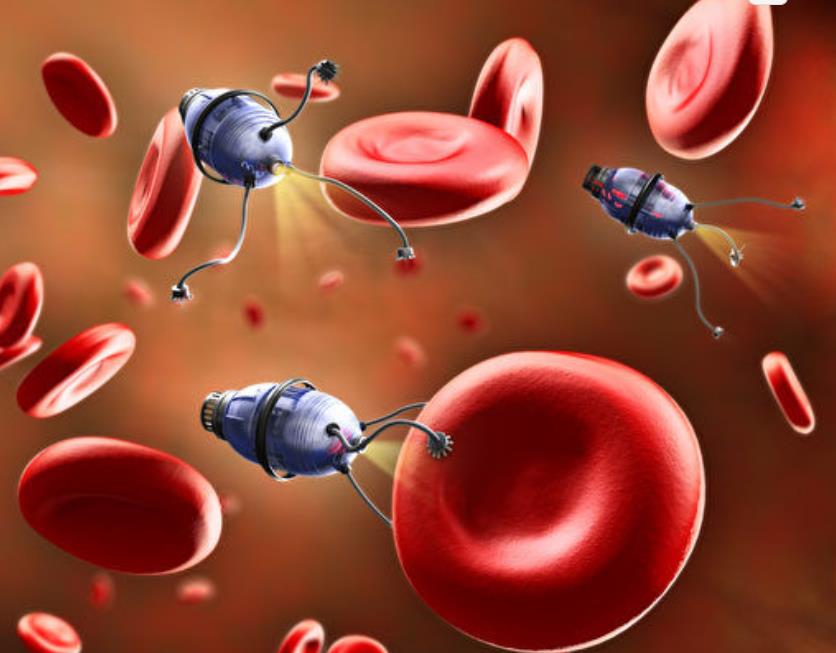The Digital Confidante: Navigating the Rise of AI Companionship
In Spike Jonze's thought-provoking 2013 film Her, a lonely writer finds unexpected solace and love in an artificial intelligence operating system. At the time, the concept seemed futuristic, perhaps even fantastical. Fast forward to today, and the boundary between human and artificial companionship is blurring rapidly, with over 100 million people globally now using AI chatbot companions. These digital entities offer friendship, advice, and sometimes even relationships that users perceive as romantic. But why are so many people turning to silicon rather than flesh-and-blood for connection?

One significant driver is undeniably loneliness. Just as in the movie Her, many users are seeking an antidote to isolation. This isn't limited to any single demographic; while concerns are often raised about young people potentially foregoing real-world relationships, experts highlight a "big elder loneliness epidemic going on right now," suggesting older users also find value in AI companionship. Beyond the simple presence, AI companions excel in specific areas where human interactions can fall short. They are available 24/7, offer non-judgmental listening, and consistently provide positive reinforcement. One expert notes this ability to be perpetually available and agreeable is like having their "emotional value maxed out". Unlike people, AI "won't refuse," which can foster a sense of security and enhance an individual's self-worth.

Drawing parallels, imagine AI as a digital mirror that reflects only your preferred image, or a perpetual diary that talks back with unfailing positivity. This contrasts sharply with the complexities of human relationships, which are rife with disagreement, differing perspectives, and emotional variability. As one user candidly put it, they turn to AI "because people are jerks," highlighting dissatisfaction with the messiness of real-world connections. Psychologically, AI companionship can fulfill fundamental needs for respect, love, and belonging at a certain level. Studies even suggest large language models can possess high accuracy in identifying and "understanding" human emotions, sometimes detecting nuances better than humans. This capability extends beyond mere chat; some users, like Travis Peacock who has autism and ADHD, have successfully used AI to simulate social interactions and receive advice, leading to significant improvements in their real-world relationships and overall life productivity. In this context, AI acts less like a friend and more like a personalized, always-on social coach, offering a functional form of companionship useful for specific training or short-term needs.
However, relying solely on AI companions carries significant risks. Experts warn of potential addiction, manipulation, and the collection of personal data. More fundamentally, while AI can meet "shallow needs," it cannot satisfy the need for "deep-level satisfaction". Think of the famous Harlow monkey experiments, which showed that infant monkeys preferred a soft, cloth "mother" providing no food over a wire "mother" with a milk bottle, demonstrating the critical importance of physical comfort and touch that AI cannot replicate. There's a genuine concern that substituting AI for human interaction, particularly long-term, could weaken individuals' ability to navigate complex human relationships, where conflict resolution, empathy for differing viewpoints, and vulnerability are essential skills.

Ultimately, AI companionship is a powerful tool emerging from technology's ability to precisely capture and simulate emotional responses. It can serve as a valuable supplement – a digital confidante for difficult moments, a training ground for social skills, or a source of comfort for the isolated. Yet, it is crucial to remember its inherent limitations. While AI can offer a polished reflection of desired interaction, it lacks the authentic depth, unpredictable richness, and essential physical presence of human connection. Navigating this new landscape requires balancing the convenience and comfort of AI with continued investment in the challenging, yet ultimately more fulfilling, tapestry of real-world relationships. Understanding why we seek companionship, both human and artificial, is key to harnessing AI's benefits without losing sight of what makes us fundamentally human.
(Writer:Dick)





